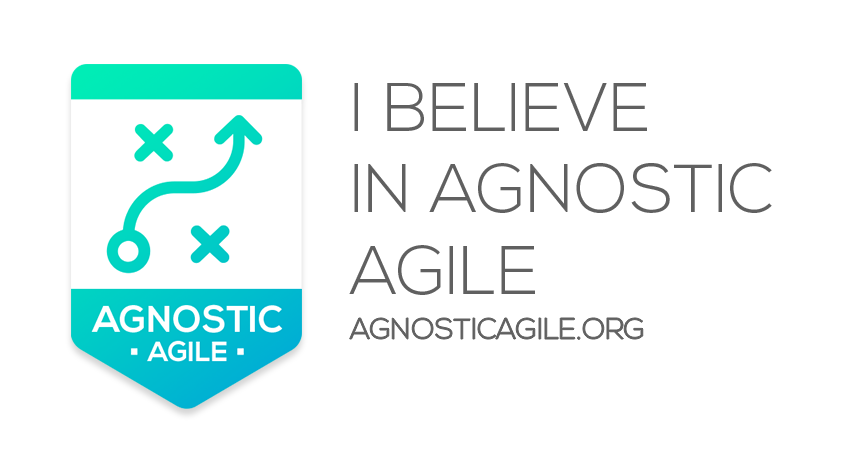
The Dunning-Kruger effect is a cognitive bias (See Controlling Your Personal Bias) where you are essentially blinded by your own perception of your abilities. In summary, the Dunning-Kruger effect simply means that you don’t know what you don’t know, so you may believe that you know more than you do. When you first learn a subject, perhaps you read a book about it, you gain confidence in your knowledge on that subject. What you lack is the much longer to attain wisdom on the particular subject. You have limited competence in the material.
In a more simplified definition, you are too ignorant on a subject to realize how ignorant you are. As the joke goes, “The first rule of Dunning-Kruger club is that you don’t know you are in Dunning-Kruger club.” Although it should be noted that almost everyone suffers from this effect as almost everyone has a tendency to overestimate their own abilities.
For a more technical definition, we will go to the abstract of a paper by Dunning and Kruger.
People tend to hold overly favorable views of their abilities in many social and intellectual domains. The authors suggest that this overestimation occurs, in part, because people who are unskilled in these domains suffer a dual burden: Not only do these people reach erroneous conclusions and make unfortunate choices, but their incompetence robs them of the metacognitive ability to realize it. (Kruger, J. and Dunning, D., 1999)

There are more or less four stages of gaining competence in relation to confidence. The names will vary depending on the source, but the ones I see most often are:
- Mt. Stupid
- Valley of Despair
- Slope of Enlightenment
- Plateau of Sustainability
Dunning-Kruger Related Books
- The Little Book of Stupidity: How We Lie to Ourselves and Don’t Believe Others
- You Are Not So Smart: Why You Have Too Many Friends on Facebook, Why Your Memory Is Mostly Fiction, and 46 Other Ways You’re Deluding Yourself
- Focus On: 100 Most Popular Cognitive Biases: Cognitive Bias, Dunning–Kruger Effect, Confirmation Bias, Pareidolia, Psychological Projection, Hawthorne … Hypothesis, Self-fulfilling Prophecy, etc.
Mt. Stupid
Mt. Stupid I think perfectly sums up the freshly graduated college or trade school student. It may even describe them for several years after they leave college. They may leave college with the belief that they can tackle any problem in the area of their study. The world hasn’t shown them yet how wrong they are. They have a high level of confidence but a low level of competence or wisdom.
It also seems to be where most people who belong to the anti-vaxxer movement exist. They watched a couple of YouTube videos and believe they know more than someone who has been actively researching vaccines for years. Don’t misunderstand me here, time does not automatically mean you gain competence, but it is a more likely indicator than a few hours spent in a search engine looking things up and reading about it.
Valley of Despair
Reaching the Valley of Despair can be a bit of a light bulb moment and happen rather suddenly sometimes. You begin to question everything you learn and for the first time you aren’t wondering why you spent all that money college just to not be able to find a job, you are instead wondering why you spent all that money on college and they didn’t teach you anything.
One of my first dives into the Valley of Despair happened when I was talking to someone about a home web server I set up. I was discussing with someone the standard port numbers I used and an issue I was worried about. He spoke up and said, “Why don’t you just change the port numbers?” And realization struck that I didn’t have a clue what I was doing.
You learn to keep your mouth shut in the Valley of Despair for fear that you will say something stupid.
Slope of Enlightenment
The Slope of Enlightenment is when the real education begins. We start to figure out those things we don’t know and the size of the body of knowledge we are tackling becomes a little clearer.
If we are being completely honest with ourselves, most of us won’t make it very high up the Slope of Enlightenment in any subject area we practice in. That’s okay, as long as we recognize our own limitations. I think the Slope of Enlightenment actually looks more like the below image.
(*See a more detailed explanation of the model here: The Problem With Extremely Confident People)

Modified Model of the Knowledge Chart
Plateau of Sustainability
The Plateau of Sustainability is not necessarily the mastery of a subject area but perhaps more the mastery of the limitations of your knowledge in the subject area. You are more aware of the things you don’t know and can more precisely work to improve your knowledge.
Sources
Kruger, J. and Dunning, D. (1999). Unskilled and Unaware of It: How Difficulties in Recognizing One’s Own Incompetence Lead to Inflated Self-Assessments. Retrieved From https://pdfs.semanticscholar.org/e320/9ca64cbed9a441e55568797cbd3683cf7f8c.pdf or https://www.ncbi.nlm.nih.gov/pubmed/10626367
Donkey Image: Pixabay – Raymond: https://pixabay.com/users/rayemond-688307/
Categories: Leadership, Uncategorized




Would love to know… how many people are actually on the upper left with leadership positions… My case, don’t know if I will reach the plateau… I might be always on Slope of Enlightenment, however, the problem is… we actually never know, we might be all on the left… it’s always a problem of perspective
LikeLiked by 1 person
Agreed. We may never know when we reach the end – if we ever do or can. I do think that over time people can certainly improve, I doubt very many of us will ever rest comfortably on the plateau.
LikeLike
Excellent piece! I wrote about the Dunning-Kruger effect in a recent article I wrote on my website titled ‘Do you Know Who You Are? – ://authorjoannereed.net/do-you-know-who-you-are/ – Feel free to check it out!
LikeLike